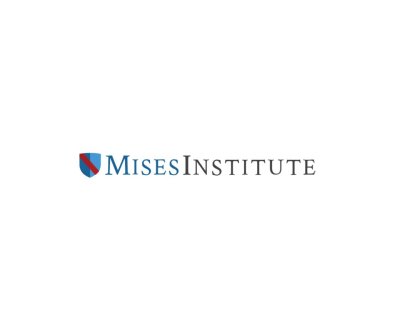Are Plaintiffs More Eligible to Be Pseudonymous in Lawsuits Against the Government? Less Eligible?
Many courts list “whether the suit … challeng[es] the actions of the government or that of private parties” as one factor in deciding whether to allow pseudonymity. But which way does that factor cut?
[1.] Some courts conclude that pseudonymity is less available in suits against the government than in suits against private parties, see, e.g., Doe v. Megless (3d Cir. 2011):
Does the subject of the litigation heighten the public’s interest? Here, interest “is heightened because Defendants are public officials and government bodies.” This factor supports disclosure of Doe’s identity.
Likewise, see M.M. v. Zavaras (10th Cir. 1998):
Plaintiff’s claim to relief clearly involves the use of public funds, and the public certainly has a valid interest in knowing how state revenues are spent.
See also Femedeer v. Haun (10th Cir. 2000) (“the public has an important interest in access to legal proceedings, particularly those attacking … properly enacted legislation”). Or see Doe v. Pub. Citizen (4th Cir. 2014):
[T]he public interest in the underlying litigation is especially compelling given that Company Doe sued a federal agency.
[2.] Others, though, conclude that pseudonymity is less available in suits against private parties than in suits against the government, see, e.g., S. Methodist Univ. Ass’n of Women L. Students v. Wynne & Jaffe (5th Cir. 1979):
Furthermore, all of the plaintiffs previously allowed in other cases to proceed anonymously were challenging the constitutional, statutory or regulatory validity of government activity. While such suits involve no injury to the Government’s “reputation,” the mere filing of a civil action against other private parties may cause damage to their good names and reputation and may also result in economic harm.
Therefore, according to courts take this view (see, e.g., J.W. v. Dist. of Columbia (D.D.C. 2016), which is heavily cited by D.C. federal courts),
[A]nonymous litigation is more acceptable when the defendant is a governmental body because government defendants “do not share the concerns about ‘reputation’ that private individuals have when they are publicly charged with wrongdoing.”
[3.] Now let’s break down the lawsuits against the government into (a) facial challenges that seek prima
Article from Reason.com

The Reason Magazine website is a go-to destination for libertarians seeking cogent analysis, investigative reporting, and thought-provoking commentary. Championing the principles of individual freedom, limited government, and free markets, the site offers a diverse range of articles, videos, and podcasts that challenge conventional wisdom and advocate for libertarian solutions. Whether you’re interested in politics, culture, or technology, Reason provides a unique lens that prioritizes liberty and rational discourse. It’s an essential resource for those who value critical thinking and nuanced debate in the pursuit of a freer society.



